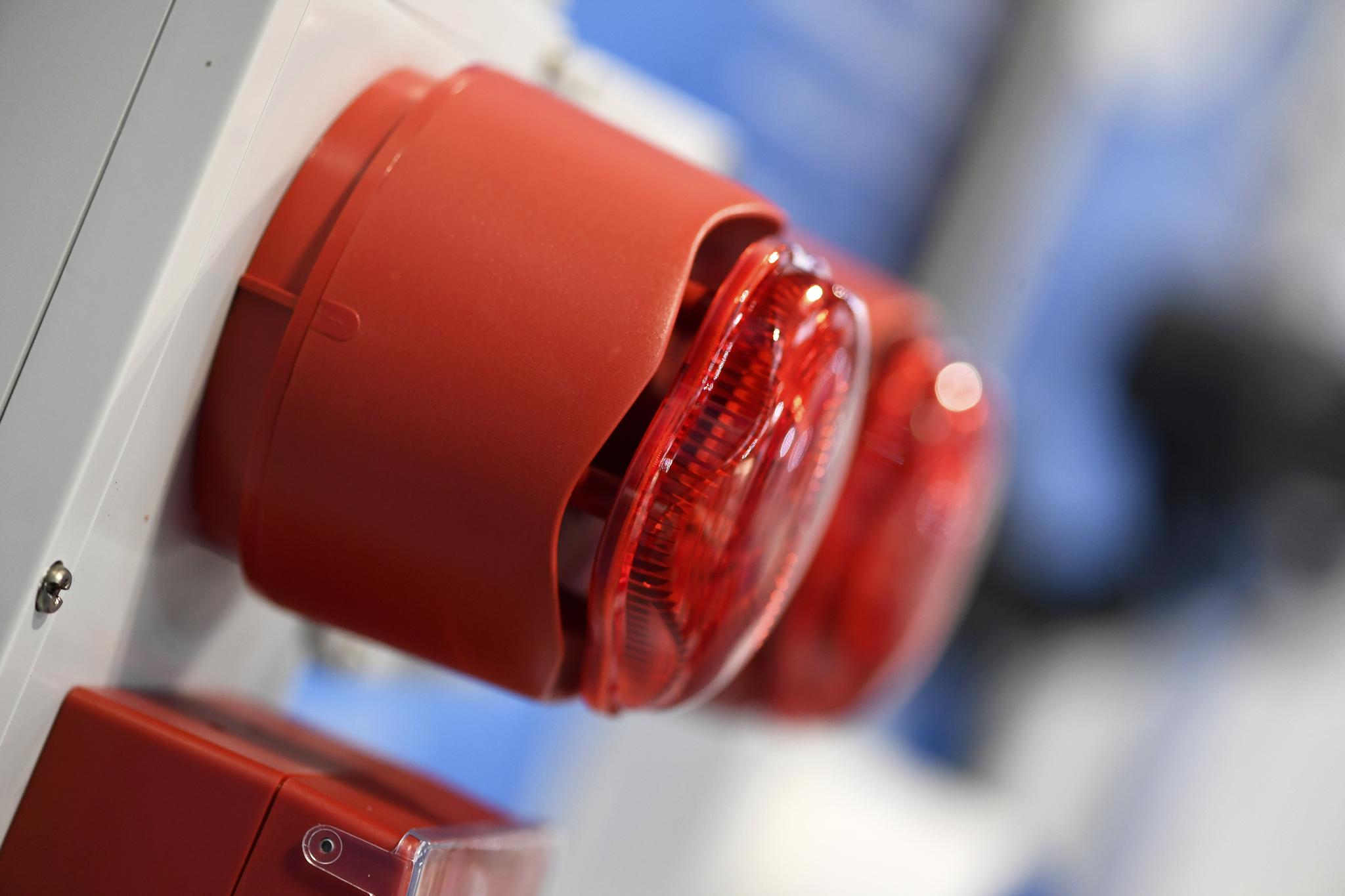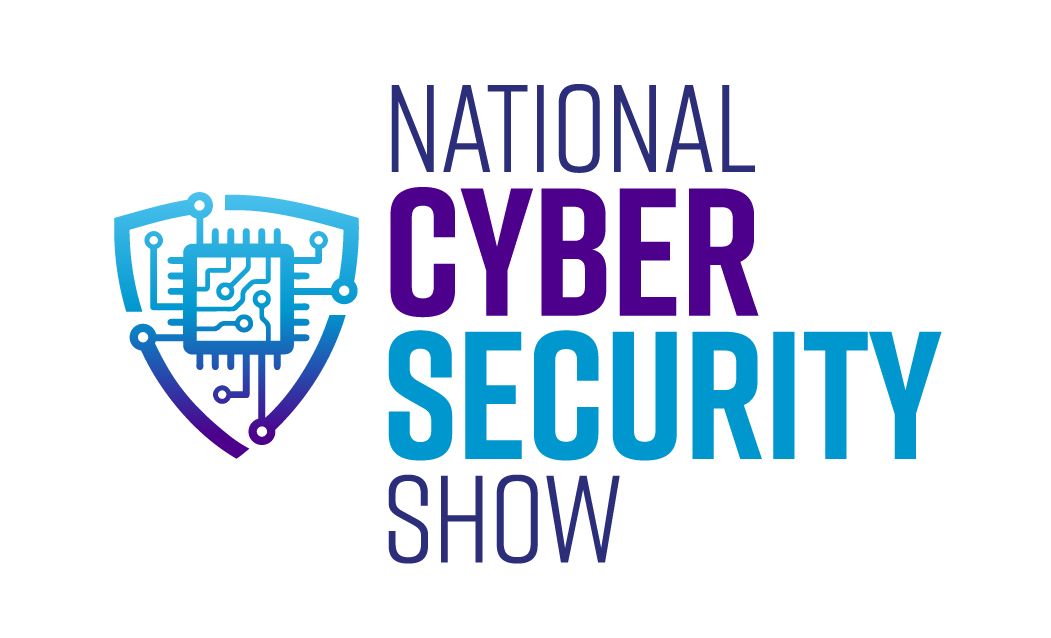New testing requirements for lithium-ion battery safes with VDMA 24994
)
The new VDMA 24994 test requirements finally provide clarity for companies that work with lithium-ion batteries on a daily basis. This is good news, as these powerful batteries present serious safety risks. Under certain conditions, batteries can spontaneously ignite or even explode, releasing toxic and explosive gases. Therefore, safely charging and storing lithium-ion batteries is more critical than ever.
Fortunately, the VDMA 24994 test requirements, recently published by the German standards institute DIN, now offer a clear standard. Not only companies, but also insurers, are pleased that there are finally regulations for the safe charging of lithium-ion batteries.
What does the VDMA 24994 test involve?
The VDMA 24994 test is the latest method for testing lithium-ion battery safes. It is designed to assess whether a safe can withstand extreme situations such as battery fires and explosions caused by thermal runaway, without compromising the safety of the surrounding environment.
The key criteria are:
- Preventing flames from escaping the safe.
- Ensuring the safe doors remain closed, even under extreme pressure.
- Limiting the temperature inside the safe to a maximum of 150°C.
These criteria ensure that the safe offers maximum protection in the event of an accident involving lithium-ion batteries, which is crucial for companies that work with these batteries on a daily basis.
Is Batteryguard XL tested according to VDMA 24994?
During the development of the VDMA 24994 paper, the Batteryguard XL battery safe was tested and passed with flying colours. This means that the safe was designed with the latest safety criteria in mind. While no safes have yet completed the full testing cycle, we are at the forefront of these developments.
How does the VDMA 24994 test work in practice?
The VDMA 24994 test is conducted by specialised testing institutes, such as MPA Dresden. The battery safe is placed in a special testing facility and equipped with advanced sensors to accurately measure temperature and pressure.
The batteries stored in the safe are then subjected to a thermal runaway, simulating the most severe conditions. This is a crucial part of the test to determine whether the safe can withstand the pressure and heat generated during a fire or explosion.
Why Is VDMA 24994 important for your business?
As a business owner, you have the responsibility to ensure the safety of your employees and assets. Using lithium-ion batteries carries risks, and an accident can not only damage equipment but also lead to serious injuries or life-threatening situations. Using lithium-ion batteries carries risks, and an accident can not only damage equipment but also lead to serious injuries or life-threatening situations.
Development of European standard
The VDMA 24994 specifications may also serve as the foundation for the European standard for lithium-ion battery storage. This standard is currently under development, but the process could take several years to complete. In the meantime, the VDMA 24994 remains the key guideline for safe battery safes.
By choosing battery safes that comply with VDMA 24994, you ensure the best possible protection against these risks. Read more in our blog How to choose a secure battery safe


.png)
.png)
.png)
.png)

